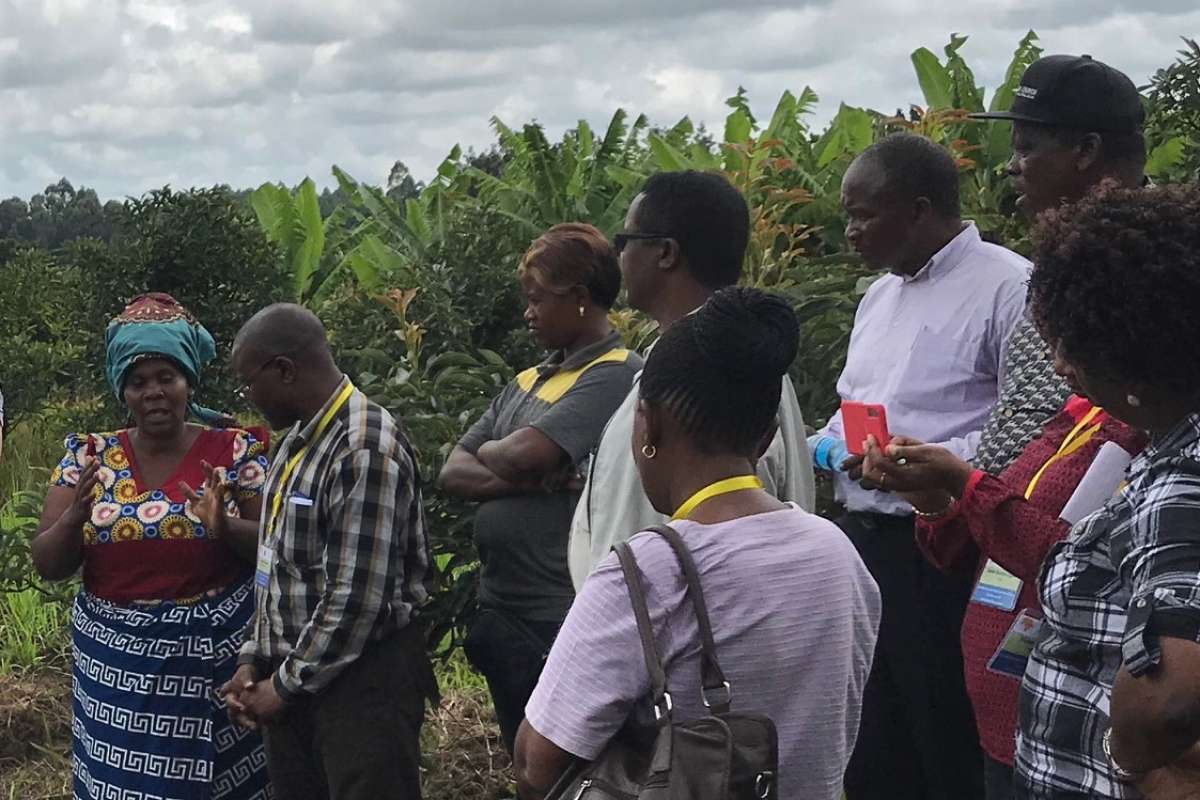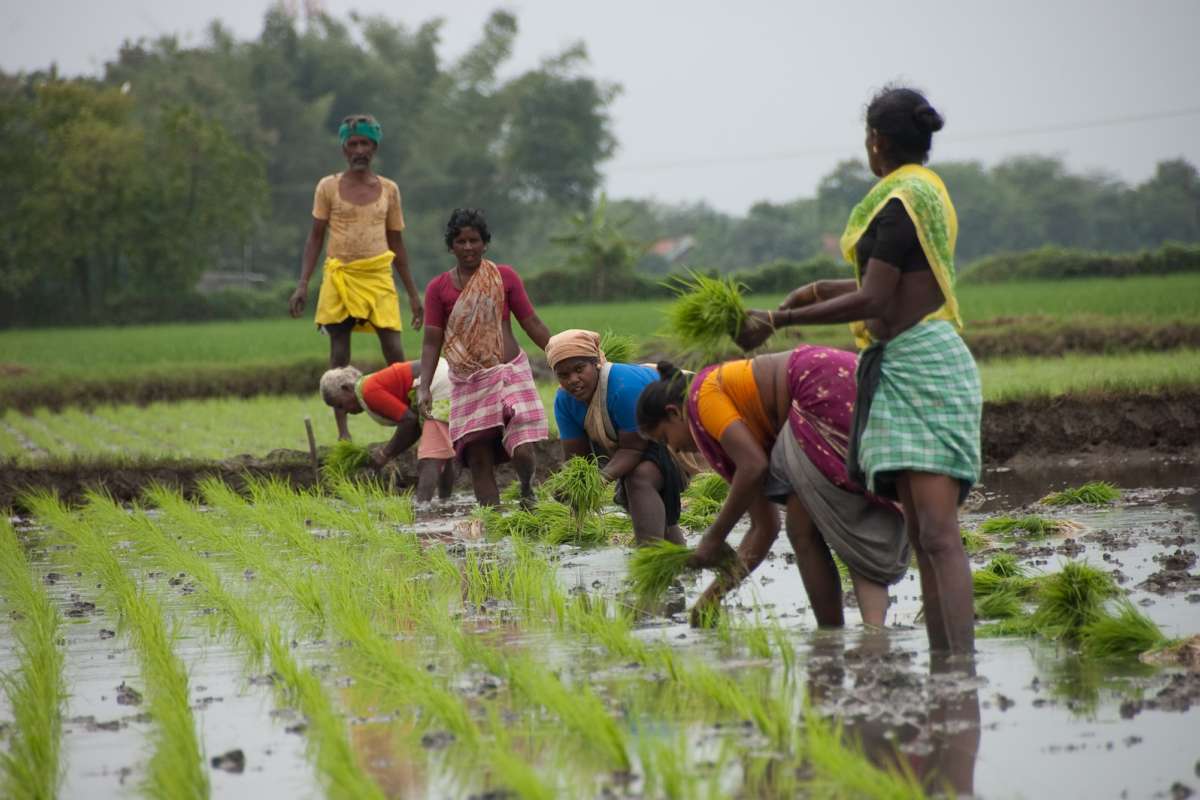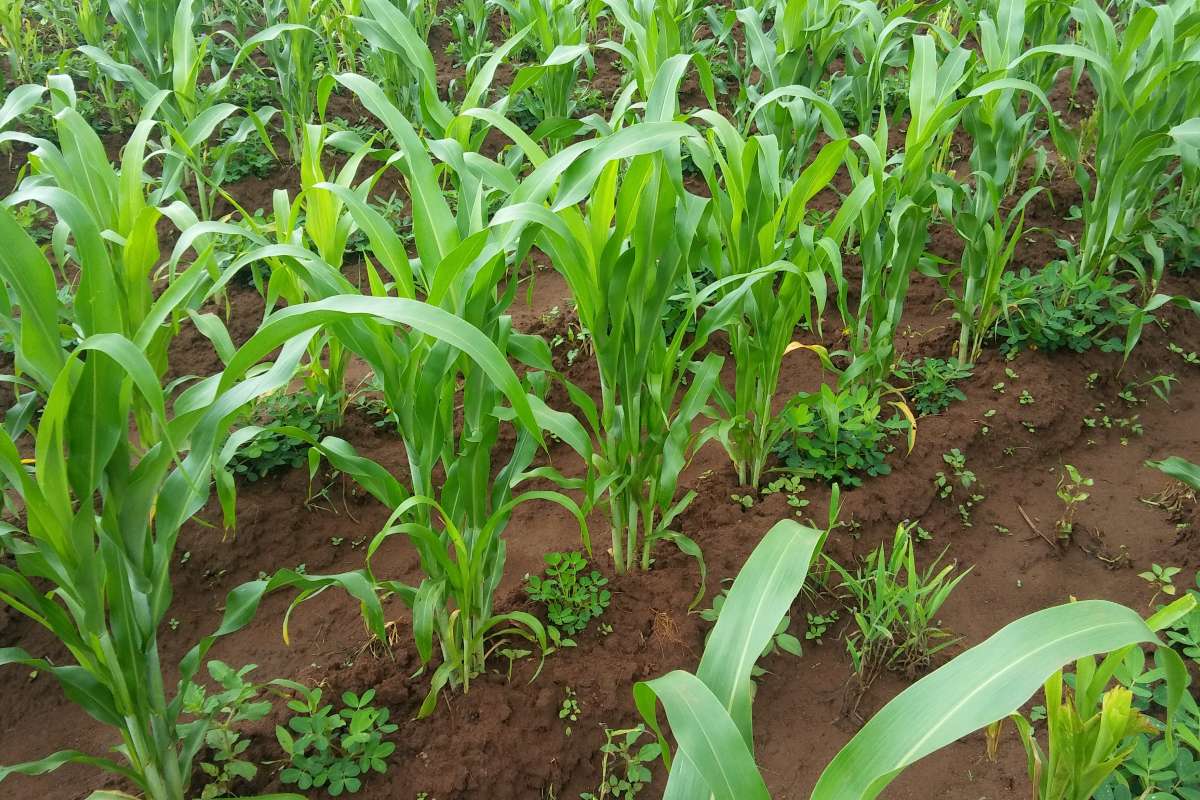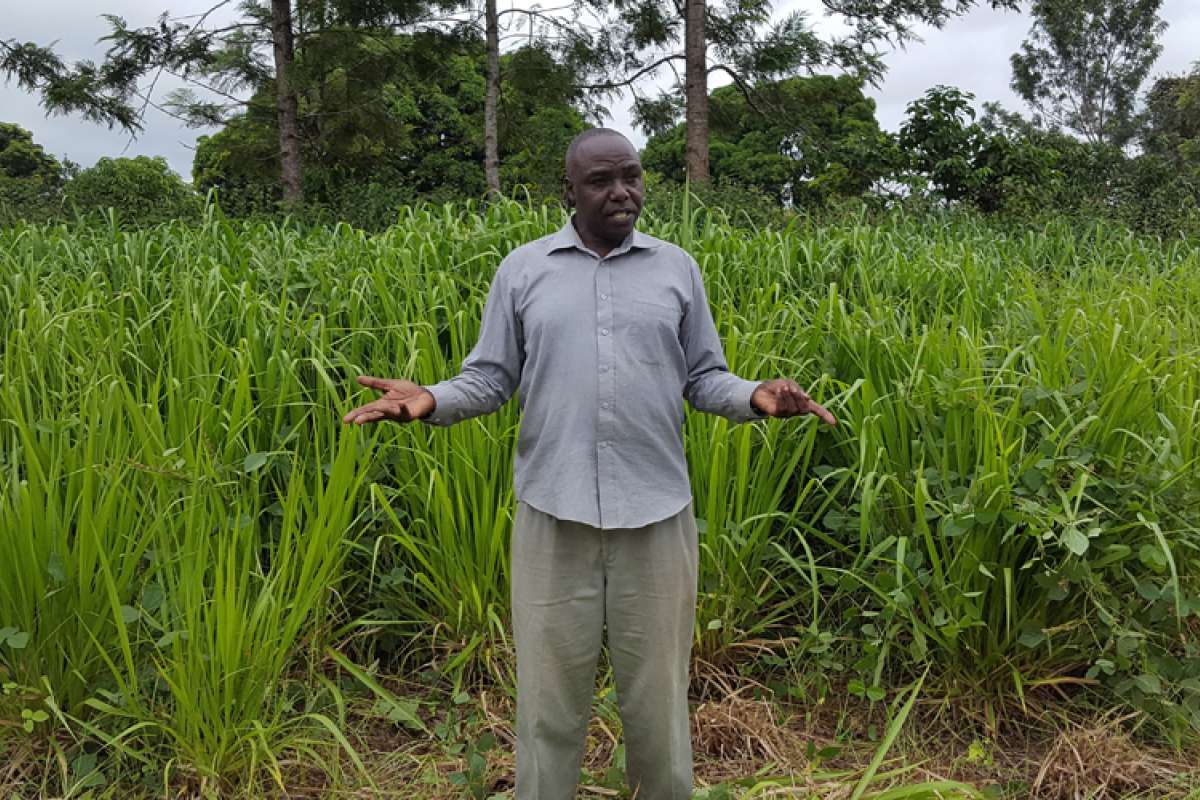Improved yields in African project areas
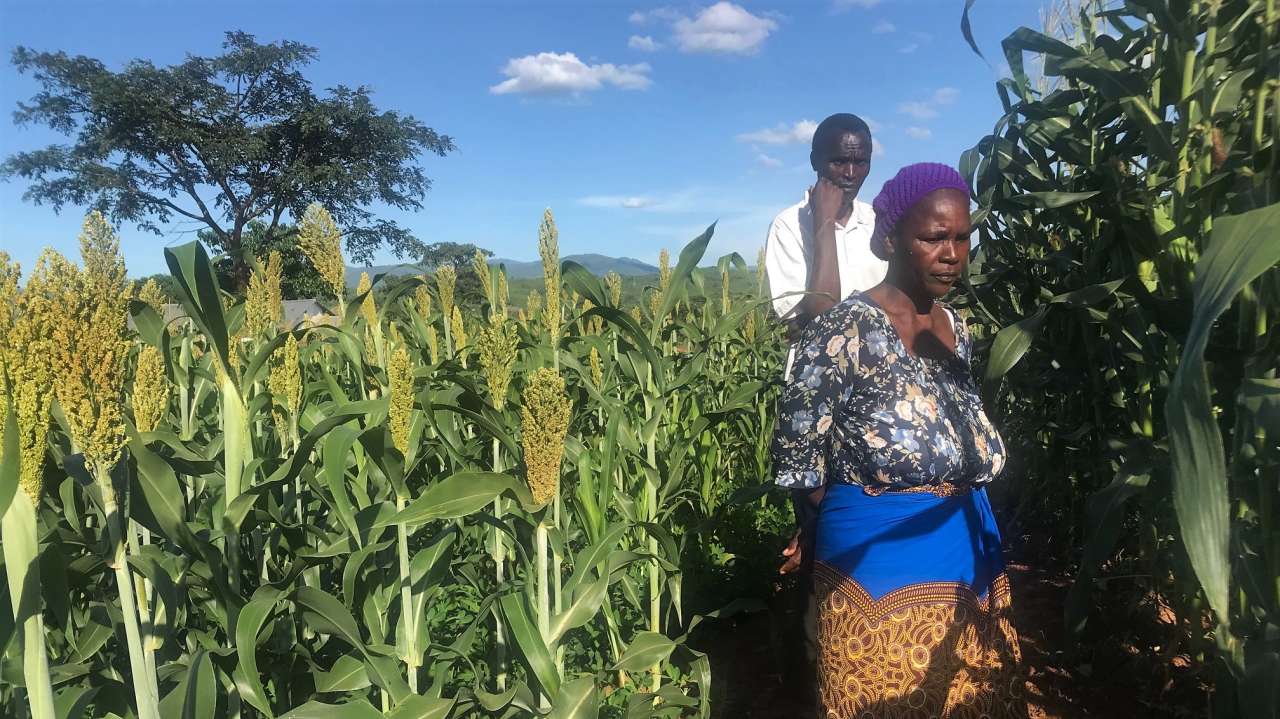
Several smallholders have higher yields as a result of their involvement in the InnovAfrica project. Photo: Udaya Sekhar Nagothu.
Only two years in, InnovAfrica-farmers practicing diverse maize-legume and Brachiaria grass production are experiencing increased yields.
Due to serious socio-economic and environmental constraints, African smallholder farm yields are among the lowest in the world. Limited access to seeds of good quality, fertilizers, water, information and markets restrict smallholders to take advantage of the numerous value addition opportunities in the agriculture sector.
To achieve sustainable food and nutrition security in Africa, there is a need for integrated innovation processes in smallholder agriculture that are implementable, sustainable and contribute to higher productivity and income. The EU-funded InnovAfrica project is currently testing, integrating, and disseminating potential sustainable agriculture intensification systems suitable to smallholders, combined with institutional approaches, and extension and advisory services.
The project takes place in six African case study countries in cooperation with European partners.
Higher yields
InnovAfrica is now in its third year, and already several smallholders who practice diverse maize-legume and Brachiaria fodder grass production have higher yields.
“So far we’re seeing good results, partly due to our particular focus on farmer led field demonstrations of maize-legume/millet-legume and Brachiaria-livestock forage grass systems,” project coordinator Dr. Udaya Sekhar Nagothu says.
“In the third year, we’ve actively engaged more farmers to take up the diverse cropping systems, and also to improve the value chains of these systems. We are confident that the success is a result of our integrated approach and capacity building of farmers,” he adds.
Knowledge outreach to 60,000 smallholders
InnovAfrica puts emphasis on the monitoring of ecological, economic and social impacts that the technological and extension innovations have generated so far in the six case countries. The project is also concerned with the risks that pose a challenge in certain areas.
So far, the project has reached approximately 60,000 farmers via three selected knowledge exchange systems, i.e. Village Knowledge Centres, Integrated Farm Plan and Farmer to Farmer Exchange. These innovative extension and advisory services allow for knowledge exchange between experts and smallholders, among other things via ICT-based dissemination platforms which make use of smart phone technology and social media.
Farmers need access to markets
InnovAfrica’s project partners recently met in Lilongwe in Malawi to review the progress of the project during the second mid-term. At the workshop, main results and outcomes achieved were presented.
Investments necessary for improving the three agri-food value chains, i.e. maize-legume, sorghum/millets-legumes, and Brachiaria forage grass, were estimated with the help of Multi-Actor Platforms in all case countries.
Policy and institutional analyses were also carried out to identify adoption barriers and opportunities for upscaling Sustainable Agriculture Intensification-systems (SAI) at the smallholder level.
“A major challenge for the farmers in the case study areas is gaining access to markets, along with ensuring minimum price,” Dr. Udaya Sekhar Nagothu says.
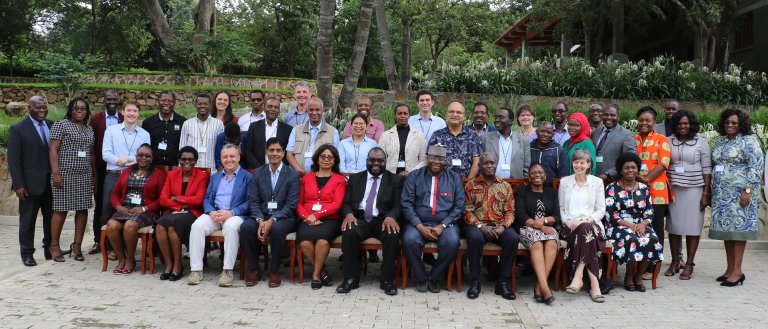
Contacts
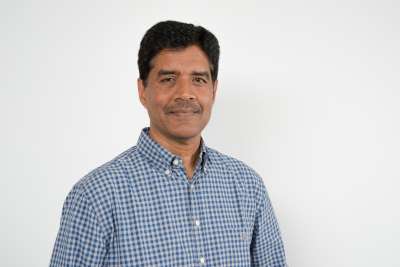
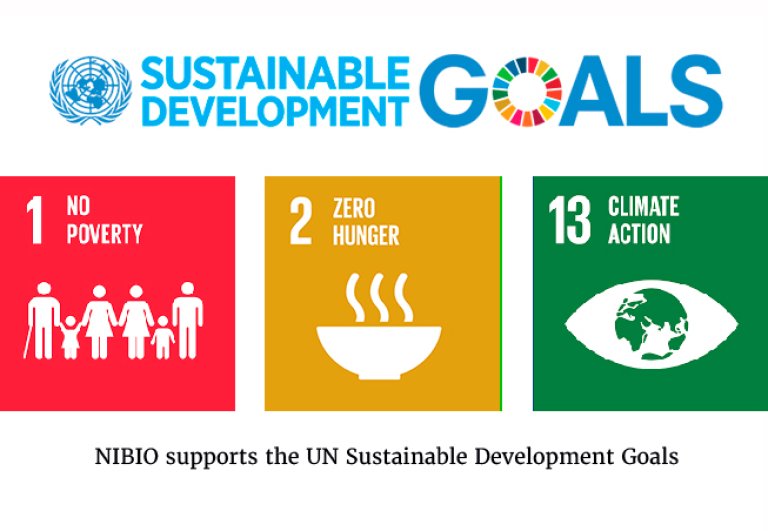
Links
InnovAfrica websiteInnovAfrica fifth consortium meeting organized in Lilongwe, Malawi
InnovAfrica’s project partners met in Lilongwe from the 11-15th February 2020 to review the project’s progress during the second mid-term. The meeting was jointly hosted by the University of Malawi and SFHC, Malawi, NIBIO - the main project coordinator, and ILRI - the co-coordinator of the project.
Approximately 40 participants representing several organizations from Africa and Europe took part in the meeting. A field visit was organized on the 13th to the project villages in Dedza. From NIBIO, Sekhar Nagothu, Mehreteab Tesfai and Divina R. Aibee participated in the meetings.
Three project Stakeholder Board members, Mr. Yemi Akinbamijo, FARA, Ghana, Mr. Denis Kyetere, AATF, Kenya and Mrs. Agnes Mwang’ombe, University of Nairobi, Kenya participated in the meeting. The members appreciated the good work done so far in the project, and also the follow up of the suggestions made from the last meeting along with the overall progress.
INNOVAFRICA
InnovAfrica aims to improve food nutrition security in Africa by integrating sustainable agriculture intensification systems and innovative institutional approaches with novel extension and advisory services. This will be achieved by enhancing capacity building and knowledge sharing in smallholder farming in Sub-Saharan Africa through a strong EU-Africa Research and Innovation Partnership.
The project is implemented in Ethiopia, Kenya, Malawi, Rwanda, Tanzania and South Africa with twelve pilot sites, each of them strategically selected to cover diverse agroecological zones. The objective is to test, integrate and disseminate potential sustainable agriculture intensification systems suitable to smallholders.
Funded by Horizon 2020 / EU.
Contacts


